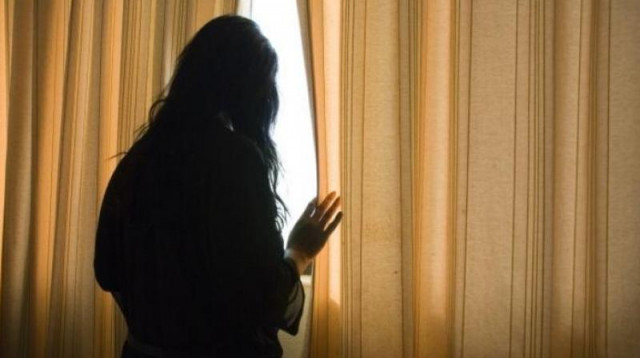Girl power
Women have been marginalised, in public sphere by male colleagues, classmates or in private sphere husbands, family

PHOTO: AFP
In every arena, women have been marginalised, whether in the public sphere by male colleagues and classmates or in the private sphere by their own husbands, brothers, fathers, and in-laws. Yet, records have shown that when women are passed the baton, they charge to the finish line, completing whatever task efficiently and with long-lasting success. For example, statistically, when women participate more in the economy of a country, its GDP potential rises.
The plight to end sexism must begin at home. There is nothing demeaning about boys learning the same household responsibilities as girls or being raised to develop the same emotional sensitivities as them. Other trends on the practical front must also change, such as granting legal power to women. It would be approximated that millions of women have certain rights taken away from them when they sign their nikahnamas; namely, the clauses having to do with a wife’s right to apply for divorce, which are often not even dignified with responses and thoughtlessly crossed off. This is unjust especially because some religious communities do not recognise a woman’s Islamic ‘alternative’ to divorce: khula. Until such subtleties are brought into focus, women will be powerless. Furthermore, only when women are appraised as being capable for authoritative parliamentary positions will they be able to help the overall situation for the better.
Published in The Express Tribune, September 18th, 2017.
Like Opinion & Editorial on Facebook, follow @ETOpEd on Twitter to receive all updates on all our daily pieces.















COMMENTS
Comments are moderated and generally will be posted if they are on-topic and not abusive.
For more information, please see our Comments FAQ